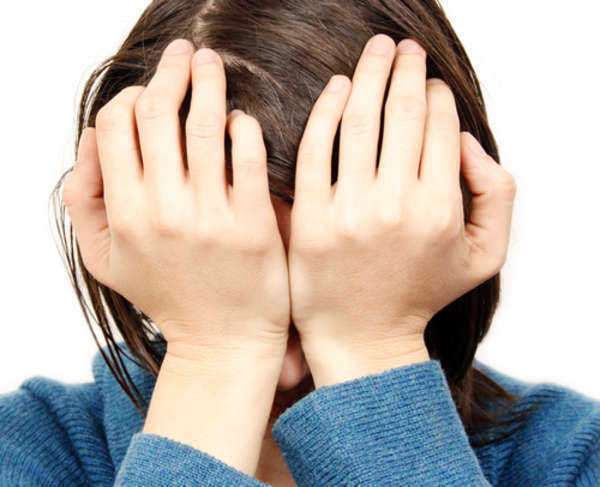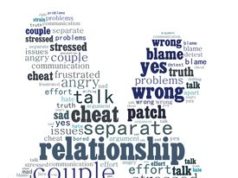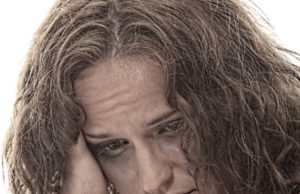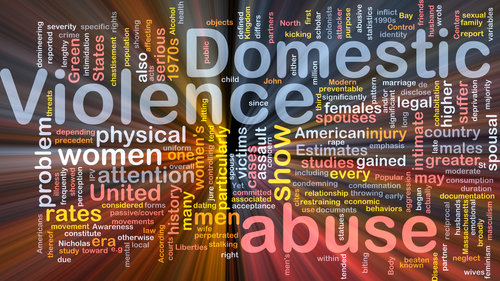
Confronting Domestic Violence in the Badger State – The Wisconsin Coalition Against Domestic Violence
The reauthorization of the Violence Against Women Act (VAWA) was recently signed into law by President Obama. This is of course cause for celebration, as the passage of the bill marks a huge step forward for victims of sexual and domestic violence everywhere. In addition to re-establishing provisions of the older 1994 law pertaining to intimate partner violence, it provides new protections for Native American women and LGBT victims of domestic violence.
(More on News at LAWS.com, contact Adam for interviews “adama@laws.com”)
In Wisconsin, 40 victims of domestic violence were killed in 34 different incidents in 2011 alone. Some 20 percent of these victims were under the age of 5 – the oldest victim was 82. All 15 counties in the state experienced intimate partner homicide.
The Wisconsin Coalition Against Domestic Violence (WCADV) works to support victims of domestic violence by mobilizing communities to effect meaningful policy change. WCADV provides domestic violence member programs with the support and resources needed to help victims of domestic violence. The WCADV has helped bring about change through more than 25 years of advocacy and outreach.
The following is an interview with Tony Gibart of the WCADV on his opinion about the recent reauthorization of VAWA, and the work of his organization in the realm of domestic violence.
In your opinion, what does the reauthorization of the Violence Against Women Act (VAWA) signify for women’s rights?
I think the reauthorization should be put in historical perspective. 1994 was a watershed year for the movement to end violence against women. The original passage of VAWA provided an infusion of resources to victims of domestic and sexual violence. VAWA was also a spark that catalyzed change through all levels of government, so that laws and system of support were more responsive to victims. The process of reauthorizing VAWA is about keeping that momentum going and moving forward. The 2013 reauthorization is especially important because it reaches especially vulnerable groups of victims, like LGBT, Native Americans and immigrant victims VAWA 2013 is more inclusive.
Does VAWA go far enough to protect women against domestic violence?
Yes, I think within the confines of what was politically possible, this is a very, very strong bill. Most of what the advocates of domestic violence sought made it to the final version of the bill.
The new version of VAWA has historic provisions for Native American Women and members of the immigrant community. Do you think the law as passed represents a step in the right direction for American Indian women and immigrants in the United States?
Yes, absolutely. Perpetrators many times use victim's’ immigration status as a way to keep her in the abusive relationship. VAWA insures a victim does not have to choose between possibly being deported or living with violence. With respect to Native American women, the historically disproportionate number of domestic violence victims within that community is appalling, so it is absolutely necessary that every opportunity is taken to protect them and to hold their abusers responsible.
What has your organization been able to achieve in terms of advancing the cause of domestic violence victims in the state of Wisconsin?
As a state coalition our main role is to be a statewide voice for domestic violence victims and to support all shelters and aid all service providers in Wisconsin. We were formed by local organizations who saw a need for there to be a voice in Madison. We have accomplished a tremendous amount in our 35 year history: we were one of first states to pass mandatory arrest law, we were also one of first to have codified victims’ rights in state statutes. Our level of state support for victims of domestic violence is good compared to other states. Our state has a network that covers entire state; there is not a county in Wisconsin that does not have at least one victims advocate and most counties have at least one shelter or victim service agency or in many cases both. I think that is huge, especially considering the fact we are primarily a rural state.
As a nation, do you believe we have made progress since the initial passage of VAWA in 1994?
I do. I think there was progress made before VAWA, but the progress since 1994 has been remarkable.
If you are facing domestic violence, please contact the WCADV for help. For more information on domestic violence, please visit the Domestic Violence Page.





























